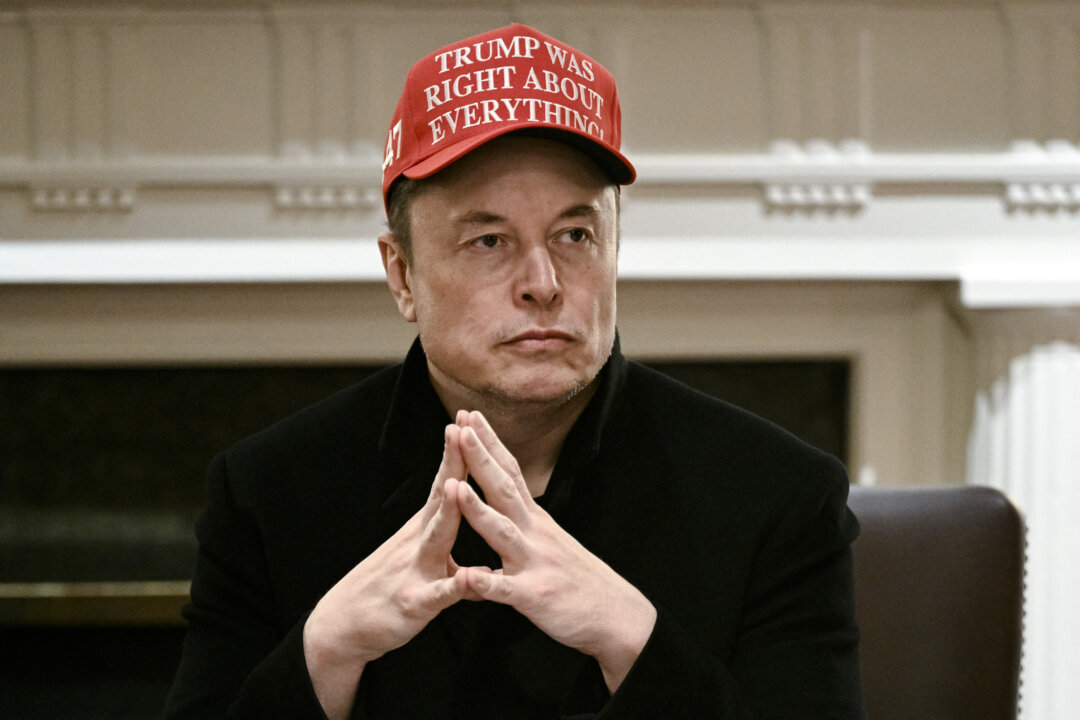Will The Biden Administration Upend Medical Innovation?
- Andrew Langer
- Jun 18, 2024
- 3 min read

At the time this blog post is being drafted, we're anticipating a new "guidance" document from the National Institute of Standards and Technology on when the federal government may invoke "March In" powers when it comes to seizing patents under the Bayh-Dole Act of 1980. CPAC, the Coalition Against Socialized Medcine we lead, and the Center for Regulatory Freedom we launched last year, have all raised concerns regarding this proposed new guidance, and we felt it important to remind folks of those concerns in advance of this new guidance being released.
First, it's important to remember that federal agencies are increasingly using guidance documents and regulatory interpretation letters to enunciate federal policy, as opposed to going through a more rigorous, formalized, and thorough regulatory process under the auspices of the Administrative Procedure Act. Our colleague at the Competitive Enterprise Institute, Wayne Crews, has coined such proceedings (and the resulting policies) as "regulatory dark matter" (which is where our Swamp Secrets podcast gets part of its name), since it exists and has an impact, but it's difficult to quantify or determine where that power comes from.
To be clear, though there has been a process by which NIST has solicited comments on their guidance proposal, what kind of weight they need to give to those comments or whether they can completely upend America's intellectual property rights regime through such guidance, is very much a matter of deep concern.
But procedural processes aside, serious concerns have been raised against this proposal - and not just from traditional conservatives and free-market organizations. Former officials in Democratic administrations have fundamental problems with what the Biden administration is doing.
The Bayh-Dole Act of 1980 has been a cornerstone of America’s groundbreaking advancements in medicine, treatments, and cures. The law incentivizes private sector investment in products developed using government-funded research, empowering universities and small businesses to advance key innovations. This has been especially crucial in drug development. Lita Nelsen, former director of the MIT Technology Licensing Office, remarked, “The Bayh-Dole Act has indisputably helped the U.S. life sciences sector become the envy of the world.”
From 2018 to 2022, over half of new drugs were launched first in the U.S., with an average delay of about a year before becoming available in other major markets. This achievement is a testament to America’s robust medical innovation ecosystem, which has consistently delivered new cures both domestically and globally. The Biden administration’s proposed “march-in” framework poses a significant threat to this success.
The new framework proposed by the Biden administration aims to apply the law’s “march-in” provisions to drug prices, potentially jeopardizing this thriving innovation ecosystem. Instead of promoting public-private sector collaboration and enabling universities, nonprofits, and small businesses to license and develop these inventions, the framework could impose price controls on medications that have received even minimal federal funding. This move would grant the federal government the power to seize drug patents if the prices are deemed excessive.
Historically, every administration has interpreted Bayh-Dole as excluding price control provisions. The law's authors, former Senators Birch Bayh (D-IN) and Bob Dole (R-KS), clarified this in a 2002 Washington Post letter, stating, “Bayh-Dole did not intend that government set prices on resulting products.” They emphasized that this omission was deliberate to encourage public-private sector collaboration.
The Biden administration’s proposed framework distorts the original intent of Bayh-Dole, which was to incentivize research and development. By threatening to seize drug patents from developments made through public-private sector collaboration, the framework could dissuade future partnerships. Innovators, aware that federal agencies might strip their intellectual property rights if their pricing does not meet government standards, may avoid government collaboration altogether.
Intellectual property rights are fundamental to our nation’s success. This new framework, if unchanged from the proposal, represents a significant federal overreach, which could undermine the research that has positioned America as a leader in global drug development. This unprecedented move by the Biden administration could harm patients and disrupt the U.S. innovation ecosystem. It is crucial for the Department of Commerce and the National Institute of Standards and Technology to resist this overreach and halt the implementation of this detrimental program before it’s too late.









